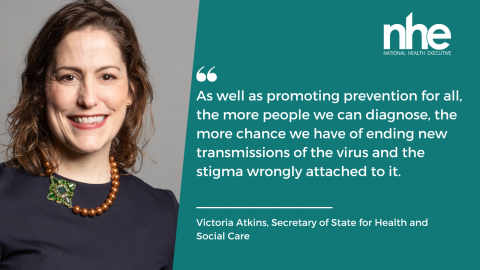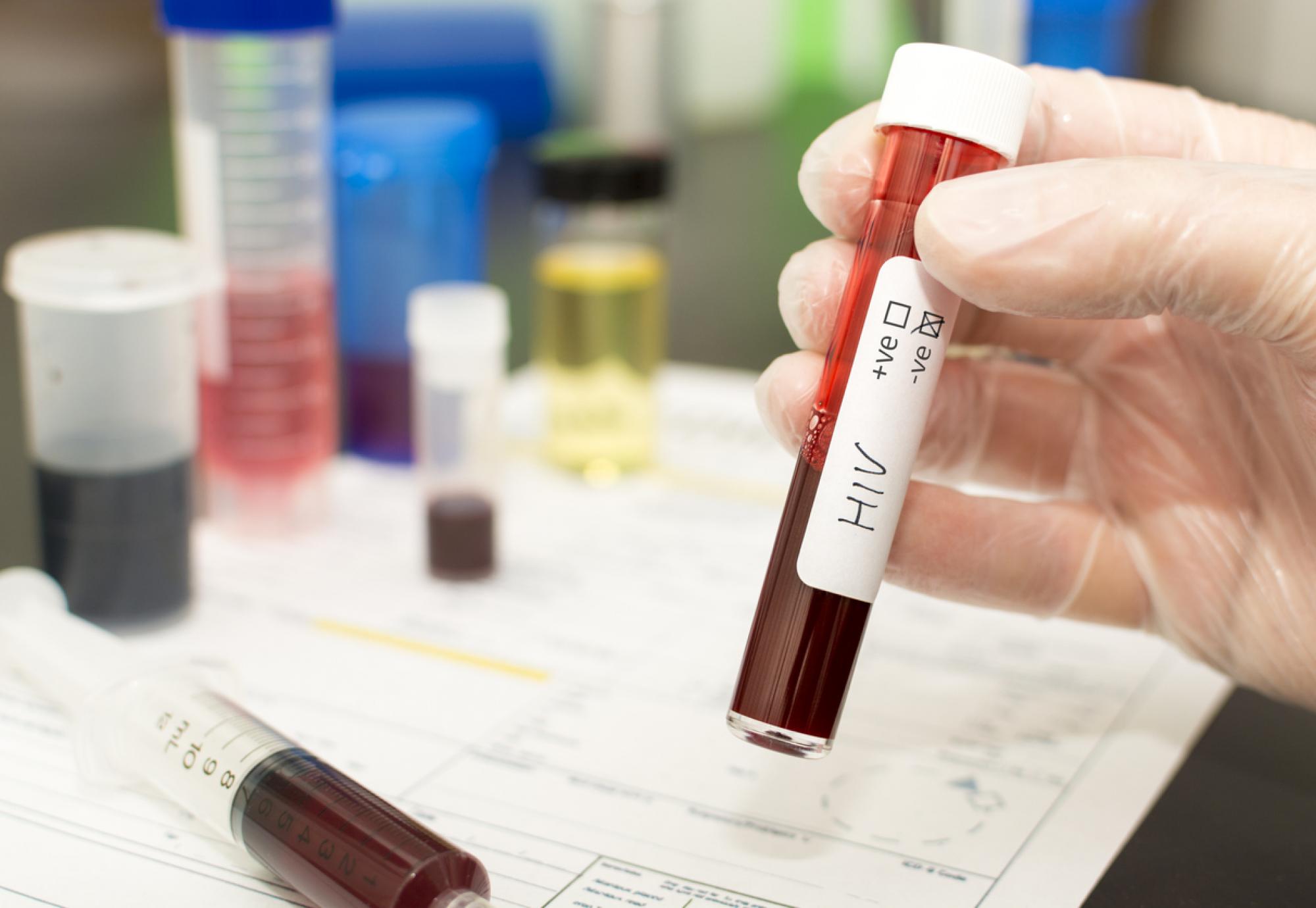A £20m funding boost will see new research be conducted into NHS England’s life-saving opt-out HIV testing programme.
The scheme, which was launched last year as part of the government’s HIV action plan, is expanding to include 46 new emergency departments – a move that is expected to identify a large amount of the circa 4,500 people living with undiagnosed HIV.
The 46 new sites will be spread across 32 areas with a high prevalence of HIV, as the government continues to drive forward its targets of reducing new HIV transmissions by 80% in 2025, and cutting them out completely by 2030.
In the programme’s first 18 months, it has conducted over 1.4 million HIV tests, around 960,000 tests for hepatitis C, and approximately 730,000 hepatitis B tests.
The tests found:
- 934 people either living with HIV or disengaged from care
- 867 people living hepatitis C and 186 disengaged from care
- 2,206 people living hepatitis B and 388 disengaged from care

The chief executive of the National Institute for Health and Care Research – the organisation funding the research – Professor Lucy Chappell, said: “By expanding this already successful opt-out scheme as part of a research project, not only are we delivering it to new parts of the country, but we can gather more useful evidence for the future.”
NHS England’s national medical director, Professor Sir Stephen Powis, added: “The NHS’s opt-out testing programme in emergency departments has meant we have identified and treated thousands more people living with HIV and hepatitis B and C, particularly from groups who are less likely to come forward for routine testing.”
He continued: “Without this NHS testing programme, these people may have gone undiagnosed for years, but they now have access to the latest and most effective life-saving medication, helping to prevent long term health issues and reducing the chances of unknown transmission to others.”
Image credit: iStock



















